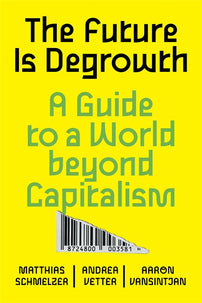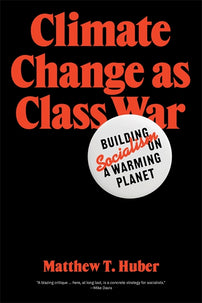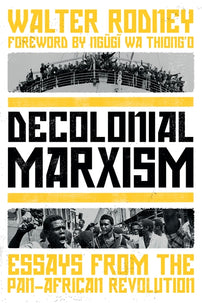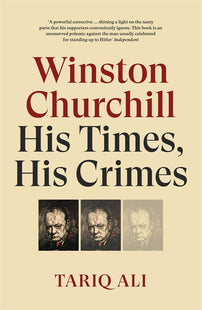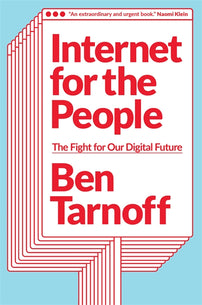The Year in 10 Books
From anticapitalist theory to abolitionist politics to the cult of Winston Churchill, these books will better your understanding of what happened in 2022.

Deepen your understanding of some of the major global events that took place this year–and the underlying systems that birthed them.
[book-strip index="1" style="buy"]Gathering together Ruth Wilson Gilmore’s work from over three decades, Abolition Geography presents her singular contribution to the politics of abolition as theorist, researcher, and organizer, offering scholars and activists ways of seeing and doing to help navigate our turbulent present.
[book-strip index="2" style="buy"]Economic growth isn’t working, and it cannot be made to work. Offering a counter-history of how economic growth emerged in the context of colonialism, fossil-fueled industrialization, and capitalist modernity, The Future Is Degrowth argues that the ideology of growth conceals the rising inequalities and ecological destructions associated with capitalism, and points to desirable alternatives to it.
[book-strip index="3" style="buy"]In this groundbreaking analysis, Matthew T. Huber argues that the carbon-intensive capitalist class must be confronted with its disproportionate effect on the climate. Yet, at present the climate movement is unpopular and rooted in the professional class, where it remains incapable of meeting this dizzying challenge.
[book-strip index="4" style="buy"]
In this fiery, theoretical tour-de-force, Beatrice Adler-Bolton and Artie Vierkant offer an overview of life and death under capitalism and argue for a new global left politics aimed at severing the ties between capital and one of its primary tools: health.
[book-strip index="5" style="buy"]
Decolonial Marxism demonstrates the unbending consistency that unites Walter Rodney's life and work: the ongoing reinvention of a living conception of Marxism, and a respect for the still untapped potential of mass self-rule.
The modern Churchill cult is out of control, closing down debate and encouraging support for twenty-first-century wars. The wartime leader has become a household god for many, preserving an antiquated vision of Britain still shared by all three parties. Yet, was he anything more than a plump carp happy to swim in the foulest of ponds to defend the Empire?
[book-strip index="7" style="buy"]A trenchant look at contemporary capitalism’s insatiable appetite - and a rallying cry for everyone who wants to stop it from devouring our world
[book-strip index="8" style="buy"]
Bad Gays is a passionate argument for rethinking gay politics beyond questions of identity, compelling readers to search for solidarity across boundaries.
[book-strip index="9" style="buy"]As this thrilling and provocative book makes clear, we must humbly accept that humanity cannot fully understand or control the earth—but we can plan new energy systems, large-scale rewilding, and food production for the common good.
[book-strip index="10" style="buy"]
The internet is broken, he argues, because it is owned by private firms and run for profit. Google annihilates your privacy and Facebook amplifies right-wing propaganda because it is profitable to do so. It's time to demand an internet by, and for, the people now.
